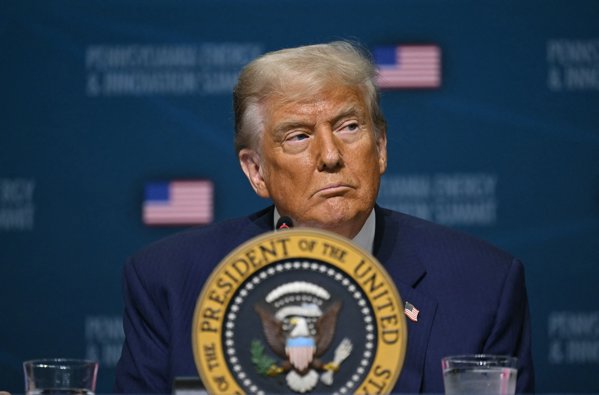
Senate Approves Trump’s $9B Clawback Bill with Foreign Aid, NPR Cuts
Senate GOP passes Trump’s $9B clawback bill, slashing foreign aid and public broadcasting; House vote expected by Friday.
Senate Republicans Push Through Major Spending Cuts
In a contentious early-morning session, Senate Republicans passed President Donald Trump’s multibillion-dollar clawback package, aiming to slash what they describe as “woke” spending on foreign aid and public broadcasting. The $9 billion rescissions bill was approved by a 51-48 vote, with Republican Senators Susan Collins of Maine and Lisa Murkowski of Alaska joining every Democrat in opposing the measure. The legislation now moves to the House, which faces a Friday deadline to act.
The bill, championed by Senate Majority Leader John Thune, R-S.D., advances Trump’s mission to eliminate waste, fraud, and abuse from the federal budget. Thune praised the work of the Department of Government Efficiency (DOGE) for identifying spending reductions, emphasizing that “it’s a small but important step toward fiscal sanity that we all should be able to agree is long overdue.”
Foreign Aid and Public Broadcasting on the Chopping Block
The legislation proposes nearly $8 billion in cuts to the U.S. Agency for International Development (USAID) and more than $1 billion from the Corporation for Public Broadcasting (CPB), which funds NPR and PBS. Senate Republicans see this as the first in a series of measures from the White House aimed at tightening federal spending and refocusing government priorities.
Unlike previous procedural votes, Vice President JD Vance was not needed to break a tie, and Senate Minority Leader Mitch McConnell ultimately supported the bill despite earlier reservations. The Senate version is approximately $400 million smaller than the original, after leaders agreed to preserve international funding for Bush-era HIV and AIDS prevention efforts.
During a lengthy vote-a-rama, Democrats sought amendments to protect funding for emergency weather alerts and rural public broadcasting, warning the cuts could isolate communities and threaten public safety. “Why are we talking about cutting off emergency alerts?” asked Sen. Maria Cantwell, D-Wash., stressing the life-saving role of local stations. Sen. Patty Murray, D-Wash., raised concerns that the vote could set a precedent for continuous rescissions, cautioning about more cuts from Russ Vought, a former Trump budget director known for aggressive spending reductions.
Republican backers of the bill argued that the package is a necessary correction to years of unchecked spending. Sen. Eric Schmitt, R-Mo., dismissed Democratic objections, saying, “What Democrats want to do is keep as much of this money for their woke pet projects as they can.” He cited examples of spending on diversity programs abroad and voter ID in other countries as signs of misplaced priorities.
Despite heated debate, no amendments managed to surpass the 60-vote threshold required in the Senate. The bill’s passage is seen as a signal that the Trump administration and congressional Republicans intend to pursue further budget cuts in the months ahead.
As the House prepares for a crucial vote, the outcome will shape the future of foreign aid, public media, and federal budget priorities, setting the stage for continued partisan battles over spending in Washington.






